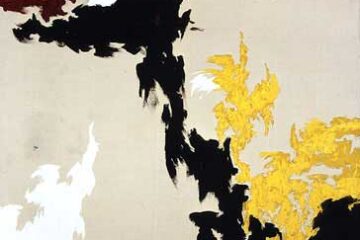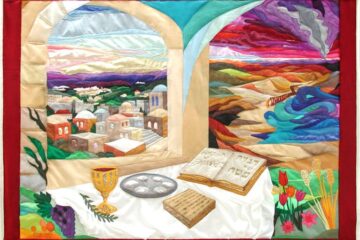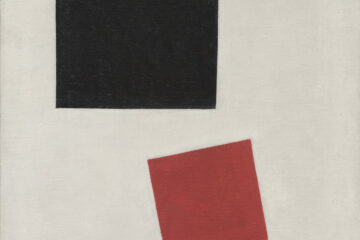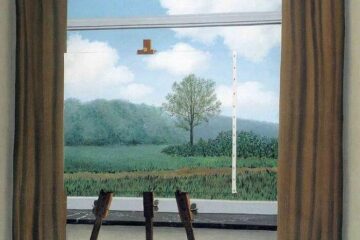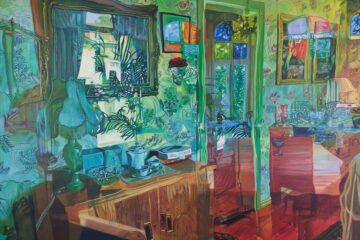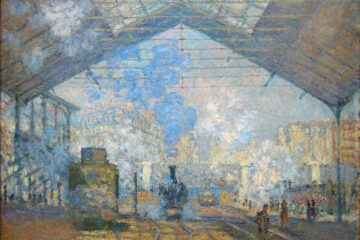A conscious reframing of the past honors what we have inherited and enables us to live into the future healthily by empowering us to contribute in the present to that tradition. View the study sheet here. Watch the recording here.
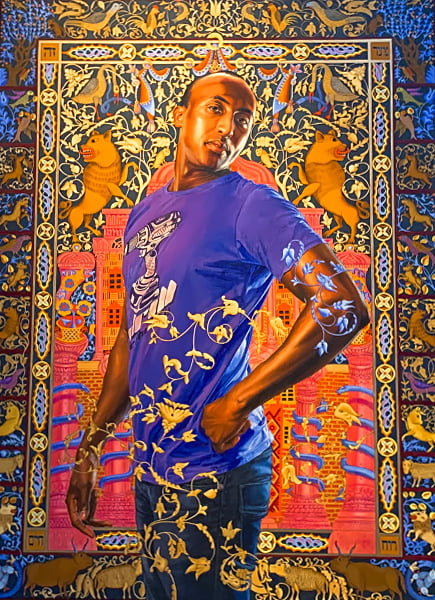
Torah begins with the letter bet (ב). The very structure of the letter itself teaches us, according to an early midrash, that our perspective is restricted above, below and behind. The only way to live is to go forward. From that first letter onward there is little interior dialogue or self-reflection among the characters in Torah. Yet, isn’t reflecting on our past how we grow?
The Danish philosopher Soren Kierkegaard wrote: “Life can only be understood backwards; but it must be lived forward.” Sounds obvious and sensible. But how far back should I go in my reflection? And as soon as I start to review my life, that present moment has become part of the past. How can I be sure that the knowledge and experience that I am using for this exercise is any different from that which brought me to the current moment? How can I avoid merely replicating my life’s choices?
Kierkegaard suggested that an overreliance on our knowledge and experiences in order to determine how to act in the future is insufficient. Something more is needed. For Kierkegaard that something more was what he termed “a leap of faith.” This leap involves an unsteadiness, a break from the knowledge one has relied upon in the past: “To dare is to lose one’s footing momentarily. Not to dare is to lose oneself.”
While Torah may have little in the way of self-reflection, it is full of fracture. It is how it opens, and it is how its characters live. Settlement is more aspiration than achievement. To break is to live.
Joseph creates a break with his brothers as they stand before him unaware of who he is. He estranges himself from them. He does this not to punish them but to create with them a new possibility. As soon as his brothers are stunned by the revelation that he is their brother, Joseph shapes a new future for them all by reframing the events of the past.
This conscious reframing of the past in order to live healthily into the future is an approach advocated by three modern psychologists: Viktor Frankl, Martin Seligman and Aaron Beck. Their work builds on lessons embedded in Torah’s narrative: (1) there is always more than one possible interpretation of what happens to us; (2) we can choose between different interpretations; and (3) the way we think shapes the way we feel. The power to transform our lives resides within us.
Join us here at 7:00 p.m. (PST) Thursday December 9 as we explore the transformative power of reframing.


